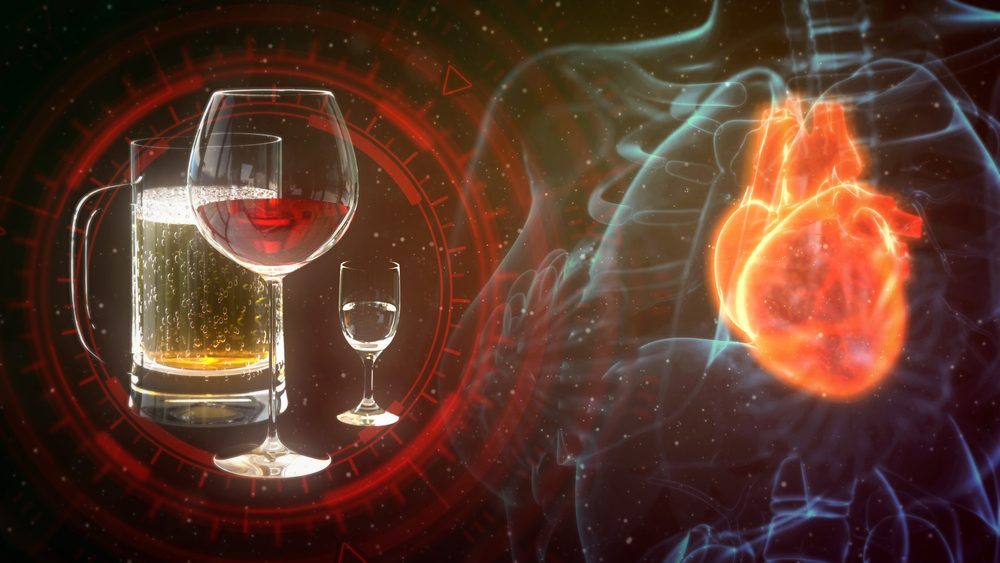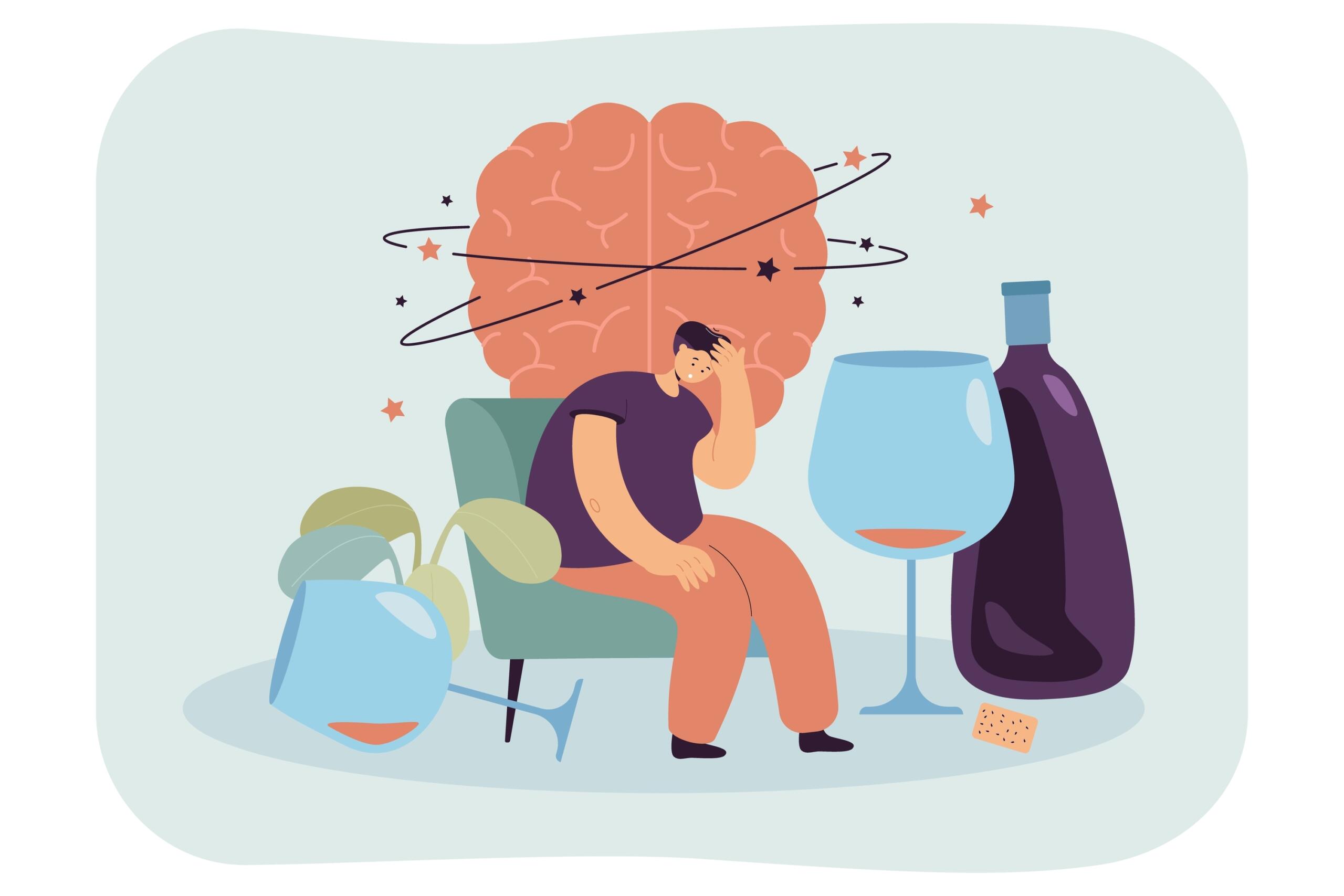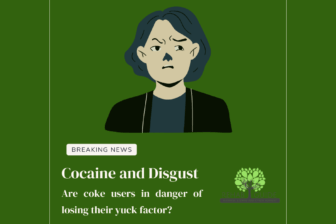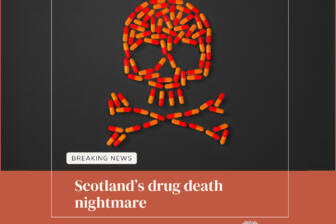Sugar in Alcoholic Drinks
Drinking over the recommended amount is bad for our health, but sugar in alcohol could make that double! We might check how much sugar is in the food we eat but how many of us know how much sugar is in a pint of lager?
Secret Sugars in Alcohol
Most of us know that if we have a fizzy drink, it is high in sugar and low in nutrients. A big part of this understanding is the sweet taste. Not always so for alcoholic drinks. An alcopop or cocktail might be sweet in taste, but the alcohol takes away that flavour with most drinks.
Mostly it is the mixer we use that contains large amounts of sugar. Most spirit drinks are mixed with fizzy drinks, fruit juice or tonic. These can contain as much as nine or ten teaspoons of sugar per glass.

Should We Worry About Sugar in Alcohol?
There is a lot of talk about reducing our sugar intake, but what is the problem with drinking and sugar specifically?
- Drinking the recommended 14-unit limit a week with a mixer could add up to 80 teaspoons of sugar to your diet.
- Binge drinking causes a sugar rush spiking energy which drops sharply after. This drains your energy long-term and leaves you feeling low and exhausted.
- Heart disease, liver problems and kidney disease are all a risk of both alcohol and excess sugar. The strain put on your body by both is double for sugary alcoholic drinks.
%22%20transform%3D%22translate(1.3%201.3)%20scale(2.69922)%22%20fill-opacity%3D%22.5%22%3E%3Cellipse%20fill%3D%22%23757575%22%20rx%3D%221%22%20ry%3D%221%22%20transform%3D%22matrix(4.60438%2049.63374%20-58.61096%205.43717%20120.2%20101.3)%22%2F%3E%3Cellipse%20fill%3D%22%236d6d6d%22%20rx%3D%221%22%20ry%3D%221%22%20transform%3D%22matrix(-4.64732%20-28.25655%2035.14106%20-5.7796%20118.4%20104.3)%22%2F%3E%3Cpath%20fill%3D%22%23c9c9c9%22%20d%3D%22M171%20208L142%202l113-16%2029%20206z%22%2F%3E%3Cellipse%20fill%3D%22%23cbcbcb%22%20rx%3D%221%22%20ry%3D%221%22%20transform%3D%22rotate(8.3%20-115.6%20288)%20scale(41.95091%20192.02887)%22%2F%3E%3Cellipse%20fill%3D%22%23959595%22%20rx%3D%221%22%20ry%3D%221%22%20transform%3D%22rotate(173.1%2037%2079.8)%20scale(26.171%2040.3931)%22%2F%3E%3Cpath%20fill%3D%22%23a1a1a1%22%20d%3D%22M129%2036l59%2051L63%2069z%22%2F%3E%3Cpath%20fill%3D%22%23cacaca%22%20d%3D%22M93-16L69%2051l86-17z%22%2F%3E%3Cellipse%20fill%3D%22%23959595%22%20cx%3D%22161%22%20cy%3D%22101%22%20rx%3D%2218%22%20ry%3D%2235%22%2F%3E%3Cpath%20fill%3D%22%23a1a1a1%22%20d%3D%22M63%2068h20v102H63z%22%2F%3E%3Cellipse%20fill%3D%22%23bfbfbf%22%20rx%3D%221%22%20ry%3D%221%22%20transform%3D%22matrix(-11.14525%20-25.3896%2029.47064%20-12.9367%20141%20158)%22%2F%3E%3Cellipse%20fill%3D%22%239e9e9e%22%20rx%3D%221%22%20ry%3D%221%22%20transform%3D%22matrix(-43.21455%209.22048%20-2.2113%20-10.36396%20120.2%20142.3)%22%2F%3E%3Cellipse%20fill%3D%22%23a1a1a1%22%20rx%3D%221%22%20ry%3D%221%22%20transform%3D%22matrix(26.7493%20-16.7798%206.6329%2010.57375%2093.4%2065.4)%22%2F%3E%3Cellipse%20fill%3D%22%237e7e7e%22%20cx%3D%22116%22%20cy%3D%2299%22%20rx%3D%2234%22%20ry%3D%2226%22%2F%3E%3Cpath%20fill%3D%22%23959595%22%20d%3D%22M125-16h46.6-26.7l-6.8%2044.8z%22%2F%3E%3Cpath%20fill%3D%22%23a0a0a0%22%20d%3D%22M60.4%20151.2L50%20185l72.9-37.2-60.4-37.2z%22%2F%3E%3Cpath%20fill%3D%22%23a0a0a0%22%20d%3D%22M125.4%20135.9L56.1%20185l123.4-68.6%203.7-26.5z%22%2F%3E%3Cpath%20fill%3D%22%23a1a1a1%22%20d%3D%22M138%2036l-32%2010%2059%2057z%22%2F%3E%3Cpath%20fill%3D%22%23c6c6c6%22%20d%3D%22M115%20151h51v19h-51z%22%2F%3E%3Cellipse%20fill%3D%22%23c1c1c1%22%20rx%3D%221%22%20ry%3D%221%22%20transform%3D%22matrix(5.02449%2030.59617%20-21.31712%203.50069%20160.4%2034.3)%22%2F%3E%3Cpath%20fill%3D%22%23a0a0a0%22%20d%3D%22M62%2083h21v87H62z%22%2F%3E%3C%2Fg%3E%3C%2Fsvg%3E)
Which Drinks Have the Most Sugar?
The most sugary drinks are unsurprisingly pre-mixed drinks commonly known as alcopops. A WKD Blue is the top contender with 15 teaspoons of sugar in a 700ml can. That is twice as much as a big slice of chocolate fudge cake. Next are spirit and fruit juice mixers and cocktails. Pimms tops the list and provides 84 % of an adult’s daily sugar intake in one glass.
How much sugar is in beer and wine is a different story. A pint of lager contains 0g of sugar which is good news for the side-effects of taking too much sucrose in. A glass of red wine can have a quarter teaspoon of sugar but white up to two teaspoons.
It may seem much less but this isn’t the whole picture, carbohydrates mean that beer is high in calories that cause us to gain weight. This is no problem in moderation but drinking too much regularly can lead to the famous ‘beer belly’. High calories go for wine too due to the fermentation process used to make it.
Being overweight isn’t necessarily bad for your health, but it can be dangerous once you reach obesity levels. Heart problems, diabetes and increased blood pressure are risks associated with being severely overweight.

Alcohol, Sugar and Depression
Alcohol and Depression have long been linked, as excessive drinking leads to low mood and poor sleep. Scientists have studied the link between sugar and depression as well and found that diet has a big role to play in our mental health.
Soft drinks like those used as mixers have a high GI score and cause inflammation, which is linked to higher levels of depression.
Alcohol and sugar are also both highly addictive. Some studies suggest it creates a more intense addictive ‘high’ than cocaine. There is a suggestion that the amount of sugar in alcoholic drinks is making the problem of alcohol addiction worse.
What Can We Do?
There are several ways to manage your sugar and alcohol intake to stay healthy. Here are some ways to manage low or moderate drinking to reduce sugar intake:
- Water might not sound like the best mixer but sparkling water with other sweeteners such as mint or orange slices can make a great mixer.
- Unsweetened fruit juice can have a quarter of the sugar of sweetened versions. It is more nutritious and hydrating than caffeine-filled fizzy drinks, too.
- Low or no sugar tonic, fizzy drinks. Watch out, though. These contain many artificial sweeteners.
- Stick to low-sugar alcoholic drinks like beer and wine in moderation, of course.
If you find yourself taking in dangerous amounts of alcohol or sugar, stopping completely should be your goal. Our expert team can advise you if you think you or a loved one need help stopping drinking. Call us on 020 7205






